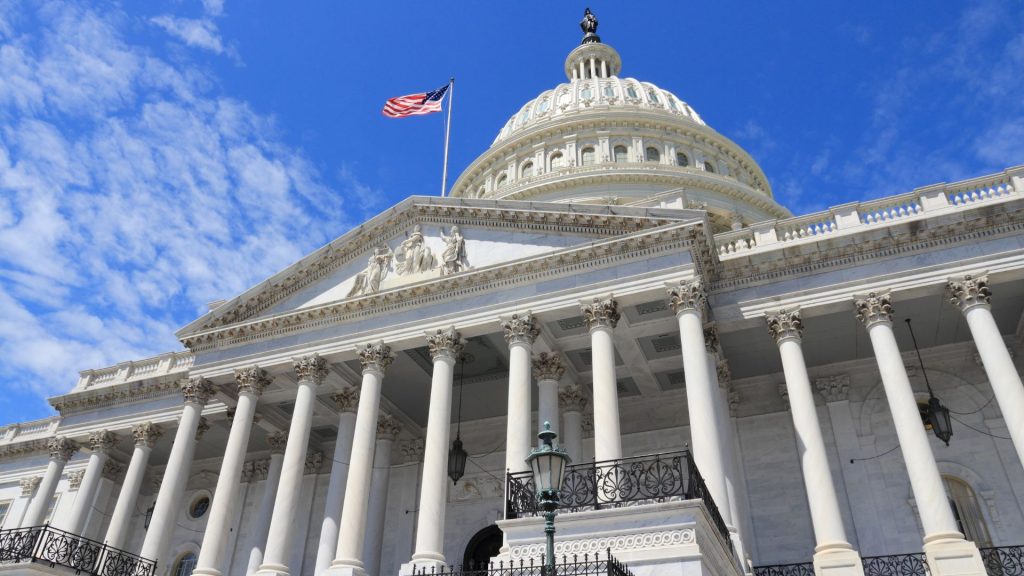The United States sanctions regulation is highly complex and, to cover it all, would possibly require an entire course on it. The purpose of this lesson rather is to give you a very basic overview of US sanctions regulations. After the September 11, 2001 attacks, economic and financial sanctions became a tool of first resort to address a range of threats to the national security, foreign policy, and economy of the United States. This tool rests on the formidable strength of, and trust in, the US financial system and currency.
The United States
At their core, sanctions allow U.S. policymakers to impose a material cost on adversaries to deter or disrupt behavior that undermines U.S. national security and signals a clear policy stance. Treasury’s work on sanctions is conducted in close partnership with other parts of the Executive Branch, in particular, the Department of State and the National Security Council, which lead the formulation of the foreign policy and strategic goals that sanctions serve, as well as the Department of Justice. The Department of State also implements certain sanctions authorities in consultation with the Treasury.
The foundations of sanctions regulations in the United States, keep in mind that US sanctions regulation is highly complex and, to cover it all, would possibly require an entire course. The purpose of this lesson rather is to give you a very basic overview of US sanctions regulations.
The US has various regulations related to sanctions. The US president is given broad authority to impose sanctions under an act of Congress, such as the International Emergency Economic Powers Act or the Trading with the Enemy Act. Under these acts, the president can impose sanctions by executive order. For example, Executive Order 13622 authorizes Iran sanctions based on the President’s authority from the International Emergency Economic Powers Act.
Executive orders are then further implemented by enacting regulations. The acts passed by Congress do not confer unlimited authority to the president to impose sanctions. As implied by its name, the International Emergency Economic Powers Act, like other acts, empowers the president during a state of emergency. Under the US sanctions regime, the president must follow reporting requirements imposed by Congress and track costs. The president must also review and extend the emergency each year. Congress may terminate an emergency through a joint resolution.
Another agency in the US that is responsible for sanctions affairs is the Bureau of Industry and Security or BIS. The BIS is within the Department of Commerce. It maintains the Denied Persons List, which is a list of persons for whom export privileges have been denied. The BIS also administers the Export Administration Regulations. The Export Administration Regulations apply to commodities, technology, software, and other things subject to export controls.
The US Patriot Act, Section 311, which directs the Treasury to designate a financial institution or jurisdiction as being of “primary money laundering concern” based on numerous jurisdictional and institutional factors, including the extent to which the institution is used to facilitate or promote money laundering. While Section 311 is not technically a sanction, the results of Section 311 measures can be as severe as sanctions because they prohibit the US financial institutions from providing products or services to other financial institutions that in turn provide products or services to one of the designated institutions or jurisdictions of concern.
Final Thoughts
The US has more sanctions regulations than any other country. The US president is given broad authority to impose sanctions under an act of Congress, such as the International Emergency Economic Powers Act or the Trading with the Enemy Act. Under these acts, the president can impose sanctions by executive order. For example, Executive Order 13622 authorizes Iran sanctions based on the President’s authority from the International Emergency Economic Powers Act.





